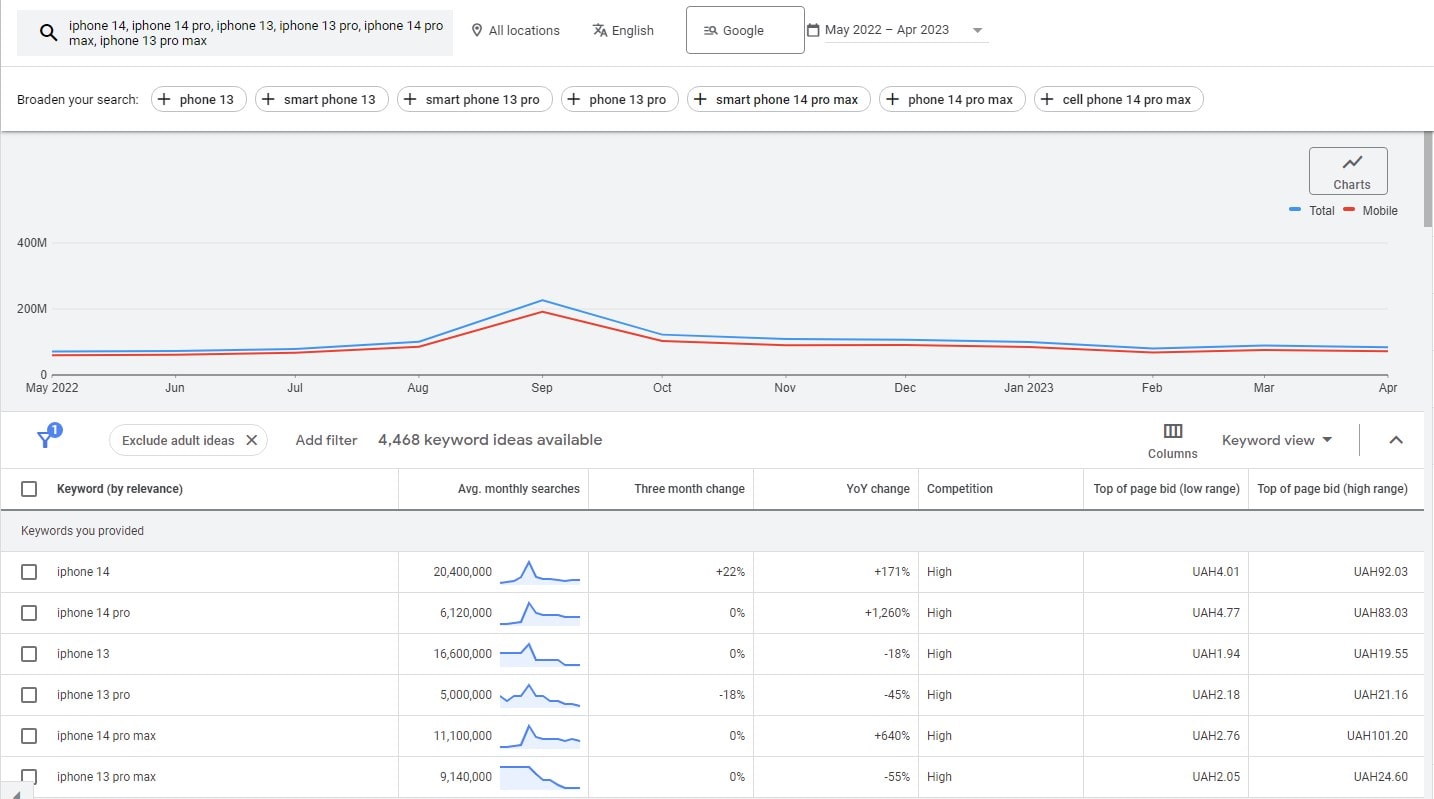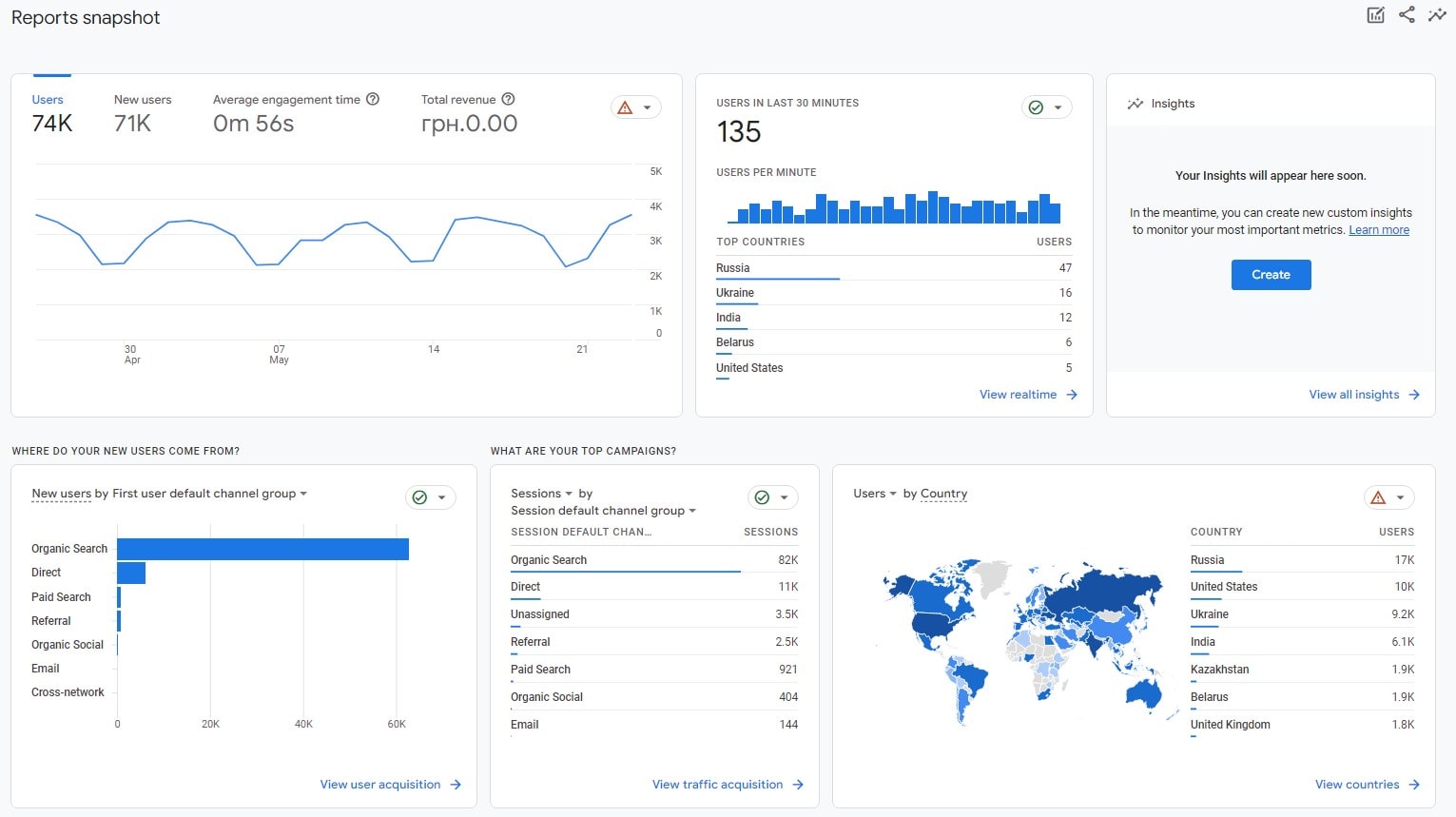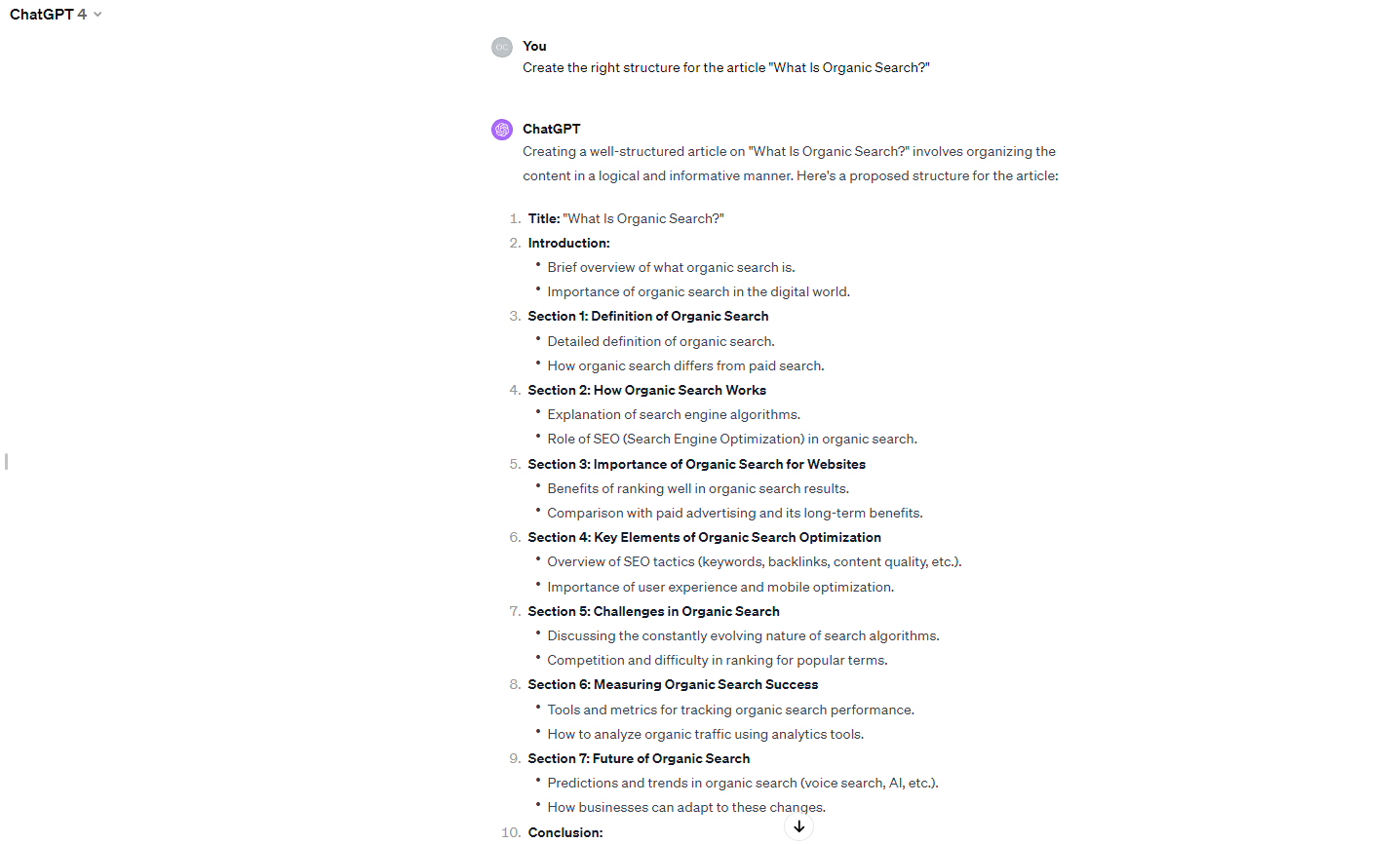Organic search is the foundation of online visibility. Understanding organic search is crucial in this bustling digital world where everyone fights for search engine rankings. This insightful journey through the realms of organic search will enlighten you on its importance and guide you on leveraging it effectively. And remember, at Plerdy, we’re all about optimizing your online presence, making this knowledge particularly relevant for our readers. Stay tuned as we dive into organic search, where being ‘unpaid’ doesn’t mean being unnoticed.

Understanding Organic Search
Imagine a world where your website is a hidden treasure, and organic search is the map leading users to it. That’s the power of understanding organic search. It’s not just about being online; it’s about being found.
Definition and Overview
Organic search refers to natural SERP listings that match search queries rather than paid advertising. It’s the art of aligning your website content with what your potential audience is searching for. According to Moz, a leader in SEO expertise, high organic search rankings are achieved through a combination of quality content, robust SEO strategies, and a network of backlinks. This approach improves visibility and drives traffic to your site naturally without needing paid ads.
Organic vs. Paid Search
In contrast to organic search, paid search involves advertisers paying for their site to appear at the top of search results. While organic search focuses on long-term growth through content relevancy and SEO, paid search offers immediate visibility and traffic. However, as Search Engine Journal explains, organic search results are more trusted by users and often result in higher engagement and conversion rates over time. Users tend to perceive organic results as more credible and relevant, making organic search a crucial component of a comprehensive digital marketing strategy.
Understanding organic search is essential for any business aiming to establish a strong online presence. It’s a journey of building trust with your audience through relevant, quality content. By mastering organic search, you’re not just chasing immediate clicks but cultivating lasting visibility and credibility.
Importance of Organic Search

Think of organic search as the marathon runner of digital marketing: it’s not about the quick sprint but the long, steady race to victory. Its importance in today’s online world cannot be overstated, as it’s the backbone of a sustainable digital presence.
Long-term Benefits and ROI
Organic search is a powerful tool for long-term success. It’s like planting a tree – your efforts today will yield fruits for years. According to BrightEdge, organic search drives 51% of B2B and B2C website visitors, dwarfing social media and paid to advertise. This high level of traffic is not just substantial in volume; it’s also more likely to convert. Users trust organic search results, viewing them as more credible than paid ads. Organic search has a high ROI because it attracts visitors even when you are not paying for it, unlike paid marketing. This makes it an incredibly cost-effective strategy over the long term.
Building Brand Authority and Trust
Organic search also plays a critical role in building brand authority and trust. When your site appears at the top of organic search results, it’s not just about visibility – it’s a vote of confidence from search engines like Google. This high ranking signals to users that your content is valuable, relevant, and trustworthy. According to Search Engine Journal, ranking high in organic search results can increase your brand’s industry authority. Moreover, consistent visibility in organic search results helps build brand awareness, as users are more likely to recognize and recall your brand name over time. This recognition fosters trust, the cornerstone of customer loyalty and repeat business.
In summary, the importance of organic search in a digital marketing strategy is undeniable. It’s the key to long-term growth, brand authority, and a sustainable online presence. By investing in organic search strategies, businesses are not just aiming for immediate gains but are building a foundation for future success.”
Key Elements of Organic Search Strategy

Unlocking the full potential of your website in the digital realm is akin to finding the right pieces of a puzzle. A well-orchestrated organic search strategy is your key to assembling this puzzle perfectly. Let’s explore the crucial elements that make up this strategy.
Keyword Research and Optimization
The cornerstone of any effective organic search strategy is thorough keyword research. By showing search volumes and competition, Google Keyword Planner may help you uncover high-traffic and specialty keywords for your business. Remember, the goal is to attract the right traffic. This means focusing on popular and pertinent keywords to your products or services. Once you have identified these keywords, the next step is optimization. This involves incorporating these keywords naturally into your website’s content, titles, meta descriptions, and URLs. Overuse causes keyword stuffing, which search engines penalize, while underuse lets competitors dominate your content.
Content Quality and SEO
Content is the lifeblood of organic search. It’s not just about quantity, but more importantly, about quality. Your content must be engaging, informative, and valuable to your audience. According to HubSpot, sites with blog content have, on average, 434% more indexed pages, which greatly enhances SEO. Furthermore, your content must be optimized for search engines. This means using headers and alt tags for photos and making your material accessible and understandable, not just adding keywords. Quality content also means keeping your site fresh with regular updates and new information. This continuous flow of relevant content keeps your audience engaged and signals to search engines that your site is a valuable, up-to-date resource.
Link Building and Off-Page Factors
Link building is a pivotal element of the organic search strategy. It involves acquiring backlinks from reputable sites that endorse your content. As per Moz, links are among the top factors Google uses to rank websites. But it’s not just about quantity; the quality of backlinks matters significantly. Focus on earning backlinks from authoritative websites in your niche. This can be done using guest writing, collaborations, and high-quality, shareable content. Off-page SEO factors like social media presence and online reviews also contribute to your site’s organic search prowess. Social media engagement and encouraging satisfied consumers to submit good reviews help your online reputation and SEO.
An organic search strategy involves meticulous keyword research, high-quality content creation, and robust link-building efforts. By focusing on these key elements, you’re not just aiming for top spots in search results; you’re building an authoritative, credible, and valuable online presence.”
Measuring and Analyzing Organic Search Performance

Imagine navigating a ship in the vast ocean without a compass or a map. That’s akin to running an SEO campaign without measuring and analyzing its performance. To steer your organic search strategy in the right direction, it’s crucial to understand the metrics that matter.
Key Performance Indicators (KPIs)
The effectiveness of your organic search strategy is quantified by specific Key Performance Indicators (KPIs). Organic traffic, click-through rates (CTR), keyword rankings, and conversion rates measure SEO success by measuring the number of search engine visitors to your site. CTR shows how compelling your search result listings are. Keyword rankings provide insights into your visibility for targeted search terms, and conversion rates indicate how well your site turns visitors into customers. According to Search Engine Watch, tracking these KPIs helps identify what’s working and needs refinement in your SEO strategy.
Tools for Tracking Organic Search
Various tools are available for tracking and analyzing your site’s organic search performance. Google Analytics is a fundamental tool for monitoring organic traffic and user behavior. Google Search Console provides:
- Granular insights into which pages are working well and where your traffic is coming from.
- Search queries.
- Click-through rates.
- Site visibility on Google.
For keyword tracking, tools like SEMrush or Ahrefs provide detailed keyword analysis and competitive insights. These tools help you understand your search performance relative to your competitors and identify new keyword opportunities.
Interpreting Data for Strategy Enhancement
Interpreting the data collected is crucial for enhancing your organic search strategy. You can measure SEO success by tracking organic traffic trends. Changes in keyword rankings can inform you about the effectiveness of your content optimization. Site behavior like session time and bounce rate can also reveal content quality and relevancy. It’s important not just to collect data but also to use it to make informed decisions. For instance, a decline in organic traffic might indicate the need for better keyword optimization or content updates. Similarly, a low CTR could suggest that your meta titles and descriptions must be more compelling.
Measuring and analyzing your organic search performance is not just about collecting data; it’s about understanding and interpreting it to make strategic decisions. Regular analysis of these metrics ensures that your SEO efforts are effective and aligned with your business objectives.”
Future Trends in Organic Search

SEO constantly changes, so staying ahead requires following trends and predicting changes. The landscape of organic search is continually changing, and understanding these future trends is crucial for staying competitive.
Emerging SEO Techniques
As search engines become more sophisticated, the strategies to optimize for them evolve, too. Voice search is gaining prominence, with more people using voice assistants for their search queries. This shift necessitates a change in keyword strategy, focusing more on natural, conversational phrases. Another emerging trend is the importance of user experience (UX) in SEO rankings. Google’s recent algorithm updates prioritize sites that offer a great UX, including factors like mobile-friendliness, page loading speed, and intuitive navigation. SEO is also incorporating more AI. Tools powered by AI are helping businesses understand user intent more accurately, enabling more targeted content strategies.
Role of AI and Machine Learning
AI and machine learning are changing organic search techniques, not simply buzzwords. Machine learning algorithms, like Google’s RankBrain, are used better to understand the context and intent behind search queries, making search results more relevant. AI tools also aid in content creation and optimization, predicting what content will perform well. Additionally, AI is used for predictive analysis, helping marketers anticipate search trends and user behavior shifts. This allows for more proactive and data-driven SEO strategies.
Adapting to Changing Search Engine Algorithms
Search engines constantly update their algorithms to provide better search results and combat spammy tactics. Keeping abreast of these changes is essential. This includes understanding the nuances of each update and adjusting your SEO strategies accordingly. For instance, Google’s focus on E-A-T (Expertise, Authoritativeness, Trustworthiness) means businesses need to produce high-quality, authoritative content. Another key area is local SEO, which is becoming more crucial as search engines strive to provide more personalized results. Staying informed through authoritative sources like Moz or Search Engine Journal can help you adapt to these changes effectively.
The future of organic search is dynamic and multifaceted. Technological advancements like AI, machine learning, and ongoing changes in search engine algorithms shape it. To stay ahead, businesses must be flexible, proactive, and willing to adopt new technologies and strategies.”
Conclusion
Mastering organic search is like navigating toward success in the vast ocean of digital marketing. This journey through the intricacies of organic search has equipped you with the knowledge to enhance your online presence significantly. But remember, the digital world is always evolving. To stay ahead, keep exploring, learning, and adapting. For more insights and strategies on digital marketing and SEO, delve into other articles on the Plerdy blog. And if you’re looking to elevate your website’s performance, remember that Plerdy’s suite of SEO and analytics tools is designed to propel your online success. Stay curious, keep learning, and let Plerdy guide you in your digital marketing voyage.
